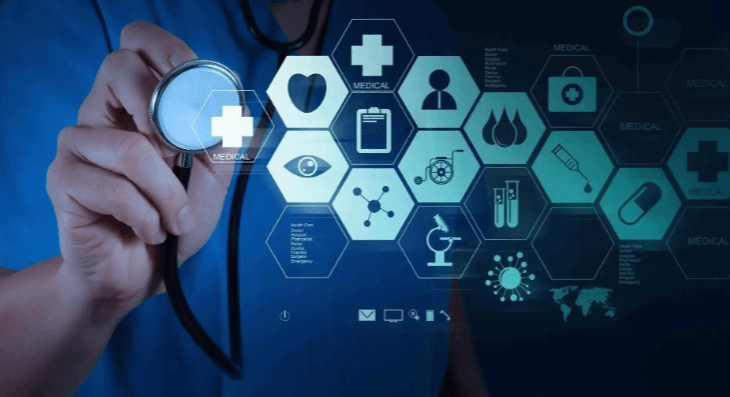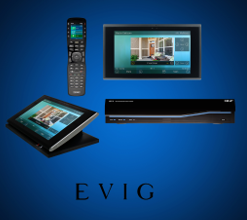What are the implications of the widespread adoption of 5G technology for businesses and consumers in the USA?

Introduction to 5G Technology and Its Role in Modern Connectivity
5G technology represents a significant leap forward in mobile connectivity, offering faster speeds, lower latency, and the capacity to connect more devices simultaneously. As the USA continues to expand its 5G infrastructure, both businesses and consumers stand at the brink of experiencing profound changes in how they interact with digital services and each other.
Overview of 5G Technology: Understanding the Basics
Before delving into the implications of 5G, it’s essential to understand what 5G is and how it differs from previous generations. 5G is not just an upgrade to 4G networks; it is a new network architecture that enables a multitude of new applications and improvements for mobile and IoT devices.
Enhanced Connectivity Speeds and Their Impact on Consumer Behavior
One of the most immediate benefits of 5G is the increase in data transfer speeds, which are exponentially faster than those offered by 4G. For consumers, this means significantly reduced loading times and smoother streaming of high-definition video content. This enhancement in speed is likely to alter consumer behaviors and expectations regarding mobile connectivity.
Reduction in Latency: Transforming Real-Time Data Exchange
The low latency of 5G technology transforms industries that rely on real-time data. From gaming to telemedicine and beyond, the near-instantaneous data transfer opens up new possibilities for services that depend on real-time feedback.
The Ability of 5G to Handle More Connected Devices
As the Internet of Things (IoT) expands, 5G’s capability to handle an increased number of connected devices per square mile compared to 4G is crucial. This capacity enhancement allows for the proliferation of IoT devices in smart homes, cities, and industries, making large-scale connectivity more feasible and reliable.
Impact on Remote Work and Learning Environments
The widespread adoption of 5G could dramatically affect remote work and learning environments by providing reliable and fast connections necessary for video conferencing and large data transfers, which are often problematic with lower bandwidth networks.
Opportunities for Businesses to Innovate with 5G
For businesses, 5G opens up a new frontier in service offerings, especially in areas like augmented reality (AR) and virtual reality (VR). These technologies, which require substantial data bandwidth and low latency, can be leveraged to create innovative marketing campaigns, virtual showrooms, and interactive customer service experiences. For instance, if you’re managing real estate investor websites, 5G can enhance virtual property tours and provide more immersive and engaging experiences for potential buyers.
Challenges and Security Concerns with 5G Adoption
Despite its many benefits, the rollout of 5G technology also presents significant challenges, particularly in terms of security. The increased number of connected devices generates more potential entry points for cyberattacks, necessitating advanced security protocols.
Economic Implications of 5G for Industries
The economic implications of 5G are vast, with potential boosts in productivity and efficiency across various sectors. Industries such as manufacturing, logistics, and agriculture stand to benefit immensely from improved connectivity and the introduction of new technologies enabled by 5G.
Consumer Privacy Issues in a 5G-Enabled Future
As 5G technology facilitates the collection and transmission of vast amounts of data, concerns over consumer privacy are heightened. Ensuring that personal information is protected while taking advantage of the technology’s benefits is a primary concern for regulators and companies alike. For instance, tools like a GSM data receiver can benefit from 5G’s enhanced speed and connectivity, allowing for more efficient data collection.
The Role of Government in Regulating and Promoting 5G
The government plays a crucial role in the deployment of 5G, from regulating spectrum use to ensuring that the benefits of 5G are equitably distributed. Policies and incentives designed to promote 5G can significantly impact how quickly and effectively this technology is adopted across various regions of the USA.
FAQs: Common Questions About 5G Technology
What is 5G technology and how does it work? 5G technology is the fifth generation of cellular network technology, offering faster speeds and more reliable internet connections on smartphones and other devices.
How will 5G impact consumer internet usage? 5G technology enables higher data speeds and greater network capacity, leading to smoother streaming and more reliable connections for consumers.
What changes will businesses need to make to adapt to 5G? Businesses may need to upgrade their infrastructure and develop new operational strategies to fully leverage the capabilities of 5G.
Can 5G technology help improve remote work experiences? Yes, 5G’s fast speeds and low latency can significantly enhance the remote work experience by improving communication and data transfer.
Are there any privacy concerns associated with 5G? Yes, the increased number of connected devices and the vast data transfer capabilities of 5G raise concerns about consumer privacy and data protection.
Conclusion
The widespread adoption of 5G technology in the USA is set to revolutionize the way businesses operate and consumers interact with the digital world. With its promise of faster speeds, lower latency, and increased capacities, 5G holds the potential to transform numerous aspects of everyday life. However, this transformation comes with its own set of challenges.







